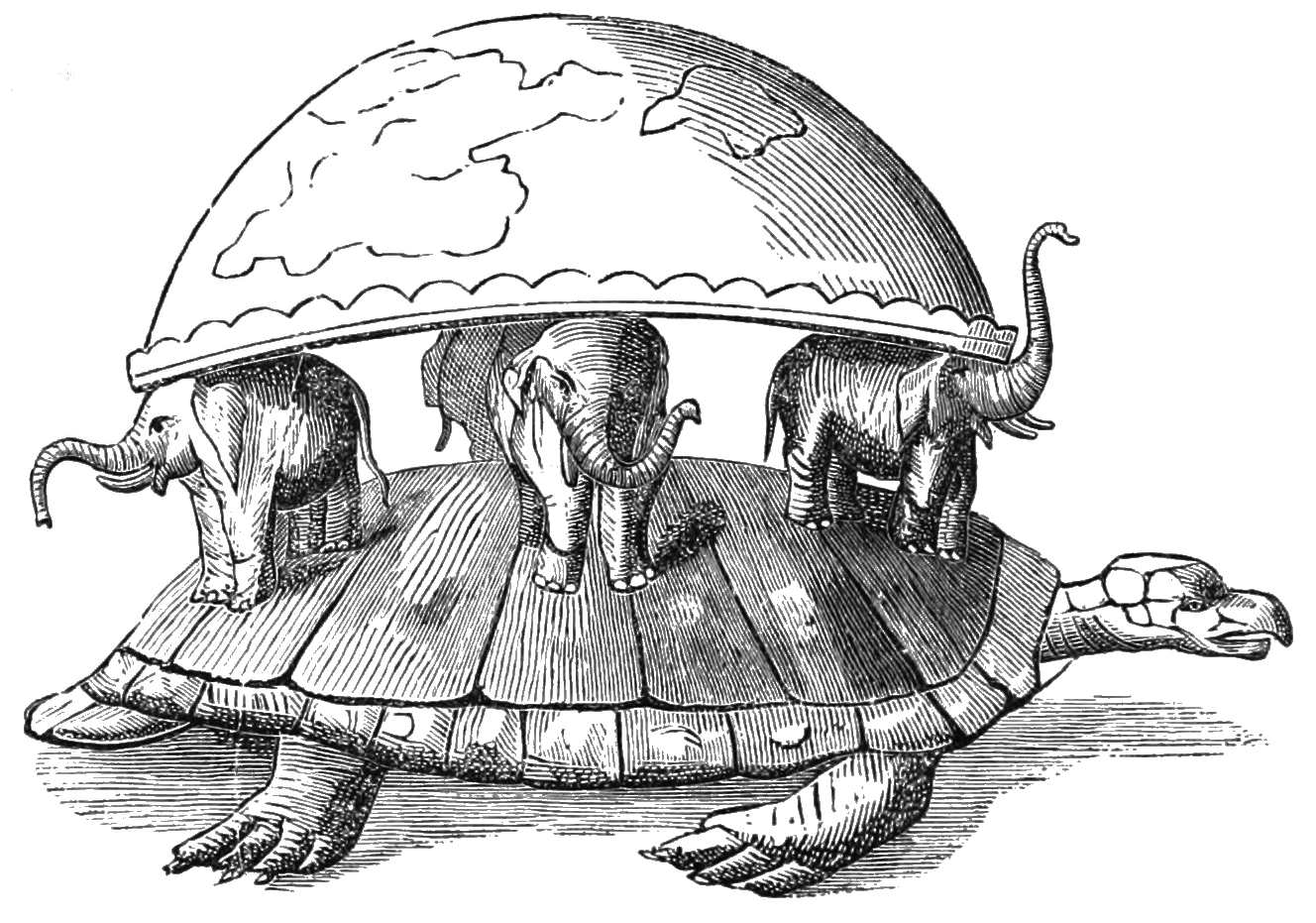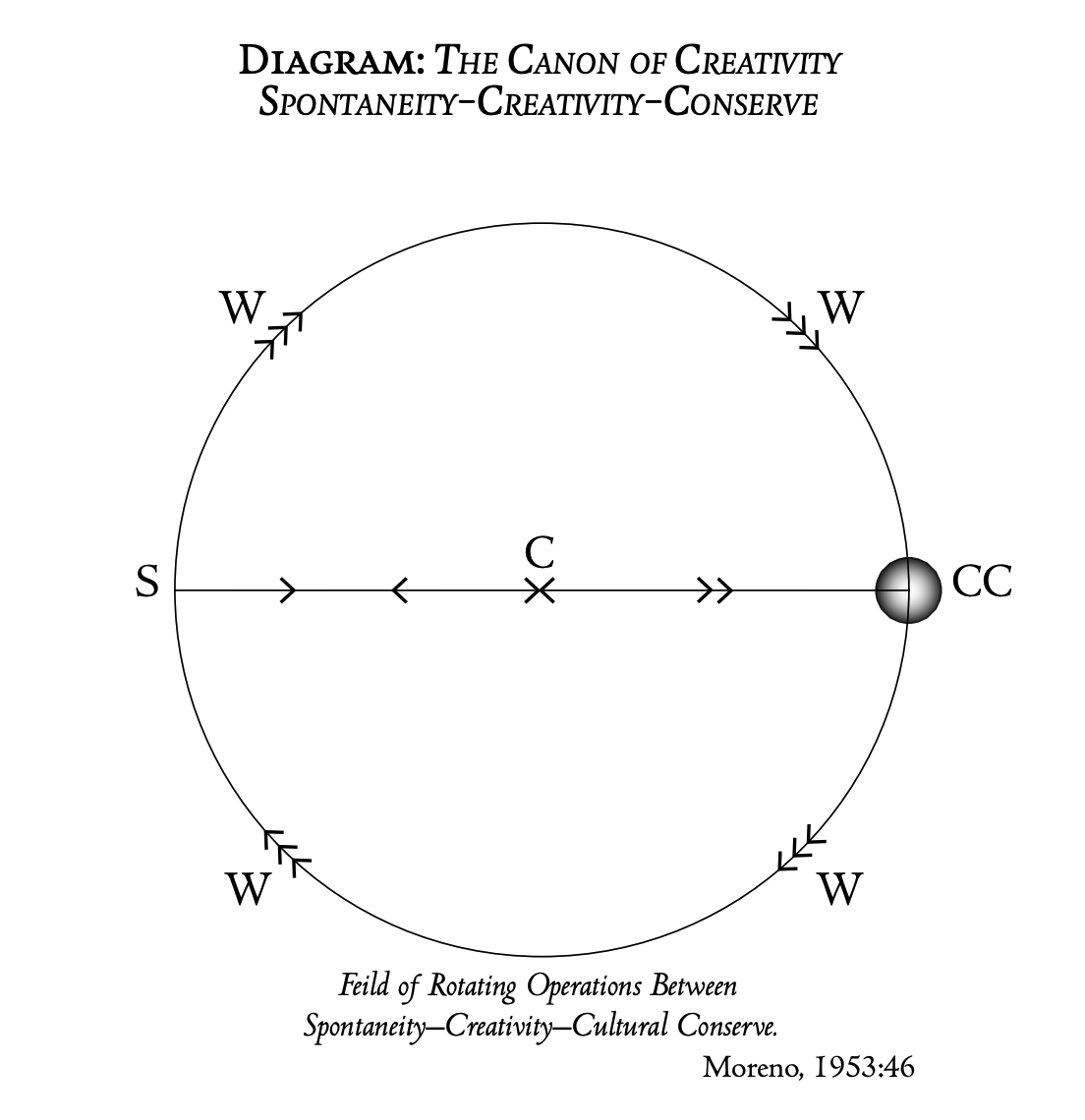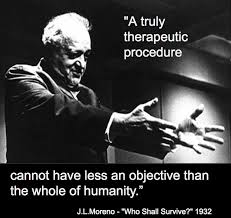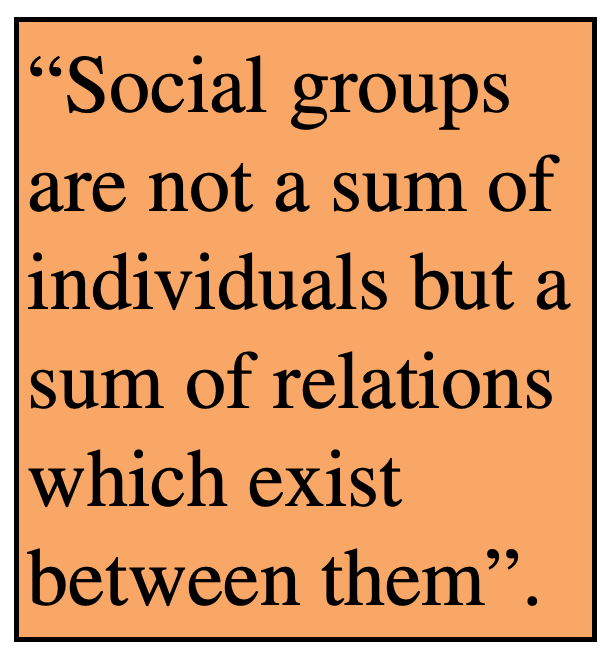
The Power of Intimacy
A Couple Therapy Training Day
with Walter Logeman
Saturday, 10 October
This one day workshop is for people who work
with individuals and/or couples.
❋
I’m pleased to announce this one day couple therapy training. The focus will be on engaging the couple.
Right from the start it is usually ONE person who makes contact. How to address that initial difference? There are so many ways and so many different scenarios.
This is where a sociodramatic approach comes into its own. The life in the group will bring forth the collective wisdom. Yes, we trust the power of intimacy in the group for learning about the power of intimacy in the couples we work with.
And what if you don’t see couples for some reason?
Counselling, if the matters raised include a partner, means it is relationship therapy. How to work with the power of love in that relationship?
There is a lesson in the relationship to learn, and one partner can transform a relationship. It’s better if they do that together.
Go here to see more and to enrol: Psychodrama.org.nz
❋
This one day workshop is a lead-in to Psychodramatic Couple Therapy Training
https://psychodrama.org.nz/couple-therapy-training/ the next four-day event is Wednesday 18 – Saturday 21 November 2020, you can enrol now.






